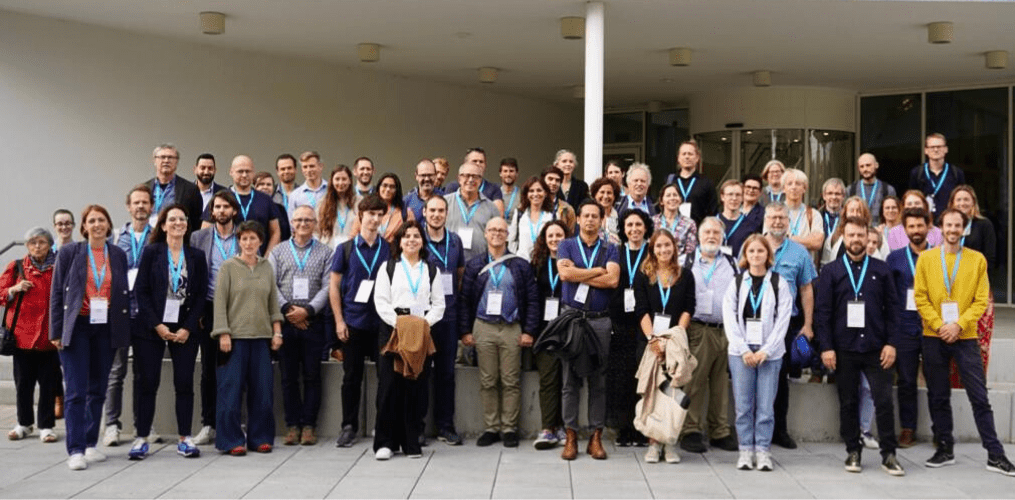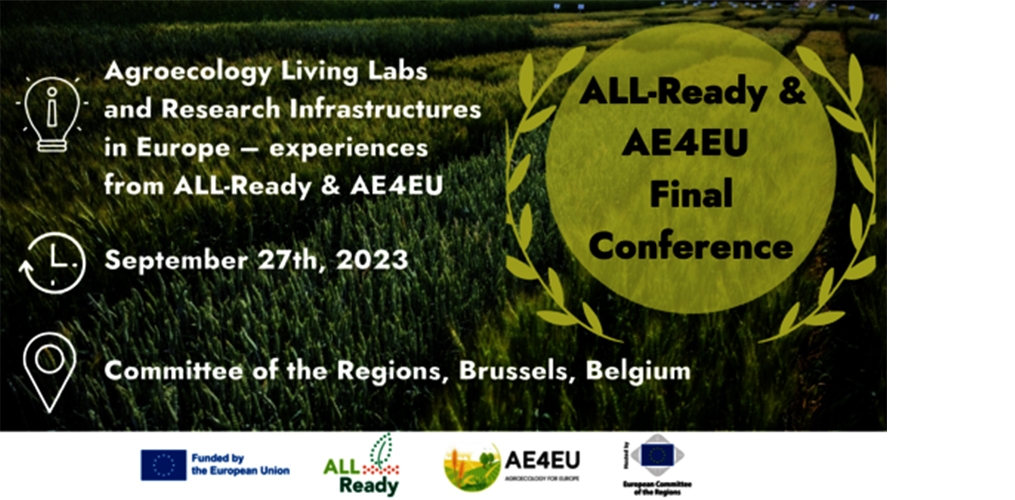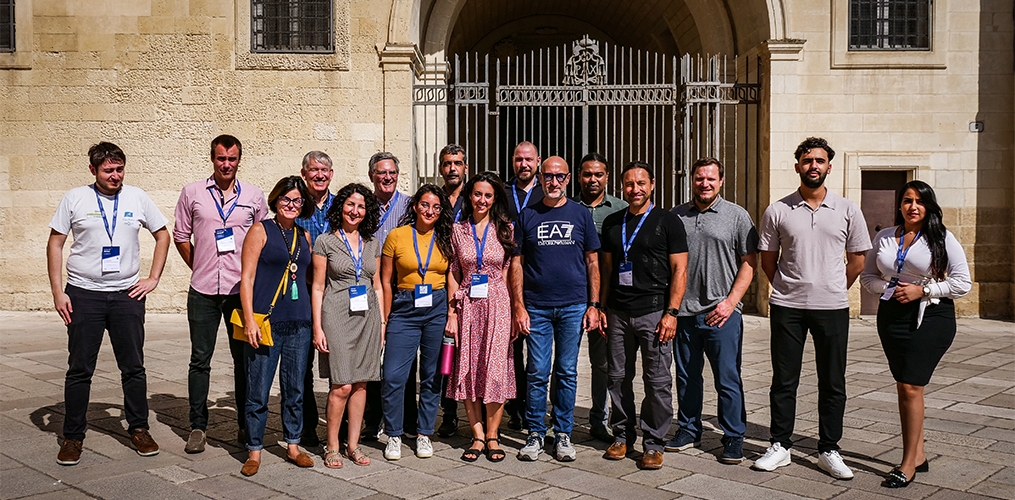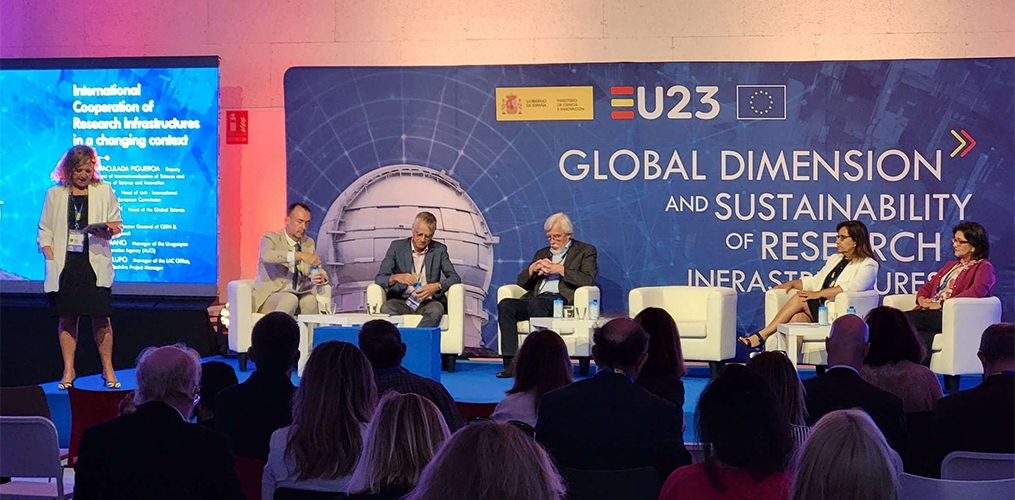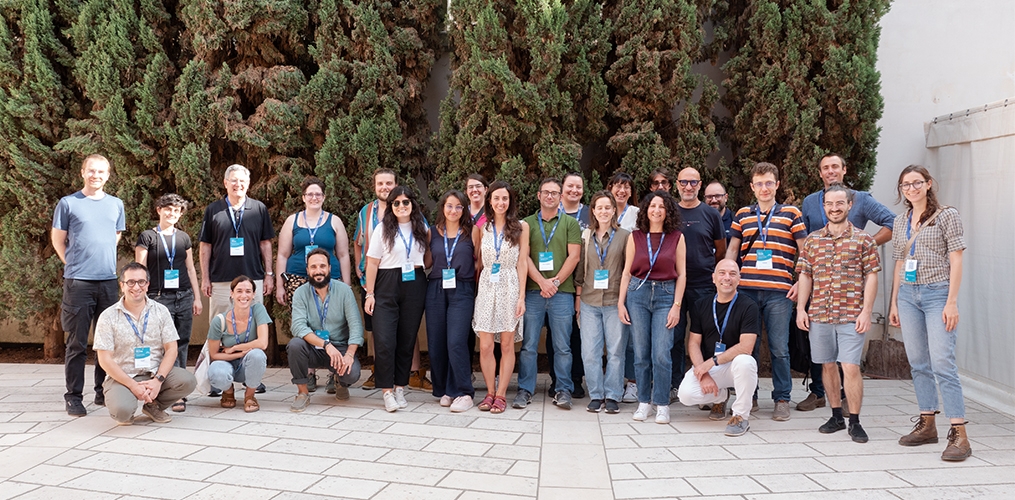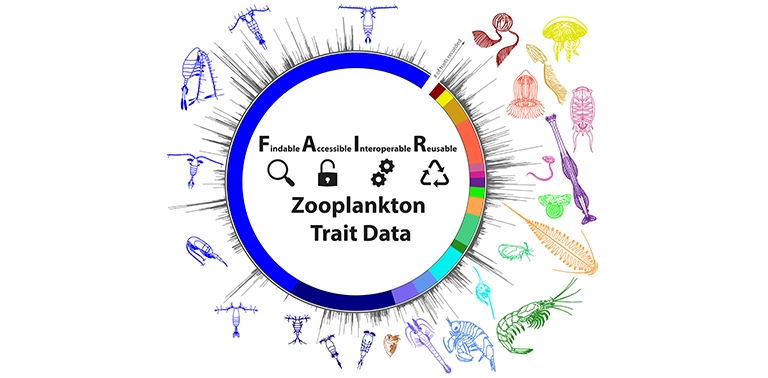Funded through the EC Horizon Europe Programme and coordinated by the Flanders Marine Institute (VLIZ), DTO-BioFlow aims at incorporating previously unavailable or difficult-to-access marine-biodiversity data into the biodiversity component of the EU Digital Twin Ocean, ensuring sustainable data flows for marine biodiversity research.
When it comes to observing, mapping, and monitoring biodiversity in maritime ecosystems, marine habitats present specific and one-of-a-kind issues. In spite of the fact that significant advancement has been made in Europe to collect, harmonise, and make available data on marine biodiversity, particularly as a result of the efforts of European research infrastructure (such as EMODnet, Copernicus Marine, and other related European and international initiatives (MBON, OBIS, GOOS)), a large portion of the data that is currently being collected is unavailable and inaccessible; this type of data is referred to as “sleeping data.”
That’s the stage when DTO BioFlow Project steps in: its primary objective is to awaken sleeping biodiversity data, enabling a smooth integration of both existing and new data into the EU Digital Twin Ocean.
The project aligns with the EU’s Biodiversity Strategy and Nature Restoration Law and with the mission “Restore our oceans and waters by 2030”, both of which advocate for the protection and restoration of land and sea regions.
The DTO-BioFlow Kick off meeting
DTO-BioFlow project kicked off on September 27th in Ostend, Belgium. The meeting was hosted at the InnovOcean Campus and organised by the Flanders Marine Institute (VLIZ), the project’s coordinator, host and technical manager of the European Marine Observation and Data Network (EMODnet) portal.
LifeWatch ERIC is one of the 30 partners from 14 countries that make up DTO-BioFlow Consortium. The other project partners include research, infrastructures (e.g., EMBRC), networks (MBON), organisations (ICES), global aggregators and platforms (OBIS), and others.
The consortium partners bring together biological monitoring infrastructures and experts, data managers, and DTO developers, marine biodiversity-relevant policy development and implementation and enabling the Mission to meet its 2030 targets.
Revolutionizing Access to Ocean Biodiversity Data and Driving Sustainable Integration
“Between September 2023 and February 2027, DTO-Bioflow will come up with creative and long-term solutions that will make previously unavailable or difficult-to-access marine-biodiversity data available to the public. The ultimate goal of the project is to increase the flow of relevant biodiversity data by unlocking current barriers to assimilation and ingestion.”, explains Klaas Deneudt, manager of the VLIZ Marine Observation Centre and coordinator of the DTO BioFlow project.
Over the next four years DTO-BioFlow consortium will work on consolidating standards, quality control, communication protocols, harmonisation pipelines, data products, data models, ingestion procedures and incentives for sustainable connection to improve the interoperability and digitisation of biodiversity data. The project will also test out various technologies that are both affordable and adaptable to carry out species monitoring on a massive scale. The end-to-end approach will be demonstrated via a number of science-based use cases and via mechanisms to monitor, measure progress and drive community action towards increasing biodiversity data flows. To learn more about DTO-BioFlow, please visit the project website.
